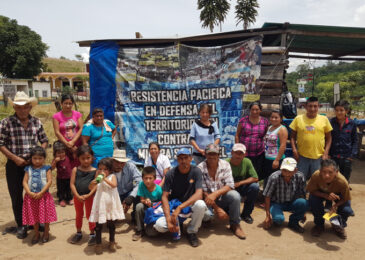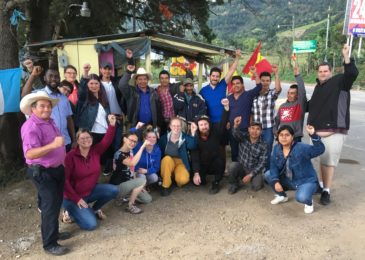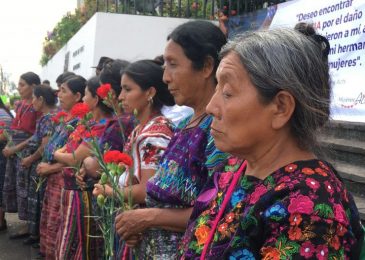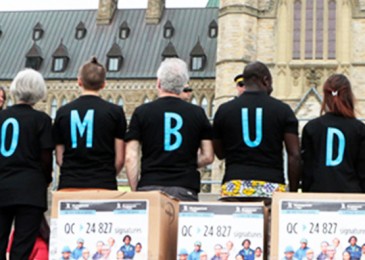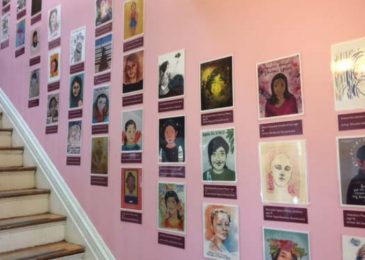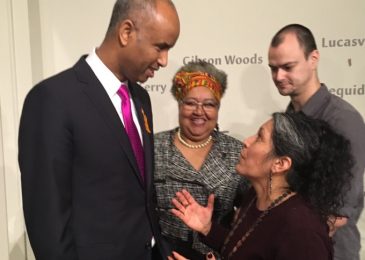How a Maritime organization supports Xinka land defenders in Guatemala
The story is a familiar one here in Nova Scotia. With full support of the government and without meaningful consultation a precious metal mine is built in a community, leaving residents worried about blasting, water quality and other environmental concerns. The same thing is happening in Guatemala, only much more brutally so. A Canadian-owned mine is vehemently opposed by local Xinka communities, and the Maritimes-Guatemala Breaking The Silence Network (BTS) tries to amplify their voices internationally.

